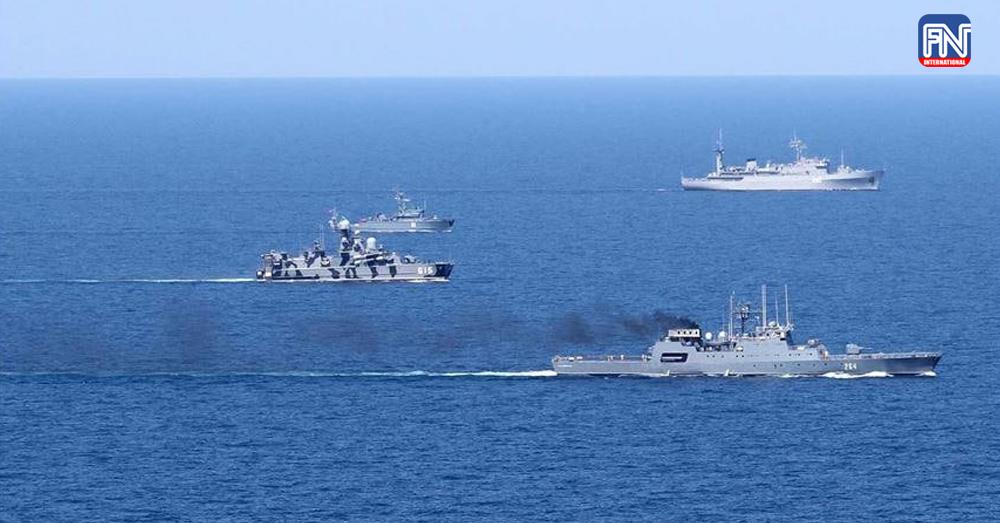MOSCOW, April 17 (Reuters) - Russia on Monday brushed off Japanese criticism of naval exercises by its Pacific Fleet, saying it needed to be on guard against a variety of regional threats while focusing on Ukraine.
Japanese Chief Cabinet Secretary Hirokazu Matsuno said earlier on Monday that Tokyo had lodged a protest with Moscow over its military exercises around disputed islands near Japan's main northern island of Hokkaido.
Kremlin spokesman Dmitry Peskov responded by saying the drills were taking place "in strict accordance with international law".
"Our environment is very turbulent on many fronts. It's fraught with conflict situations, regional conflicts," Peskov told reporters. "We are all well aware of the geography of these regional conflicts."
Japan has a territorial dispute with Moscow over islands in the north Pacific that dates back to the end of World War Two. As a member of the Group of Seven rich democracies, Japan has joined Western sanctions against Russia.
Russia is keen to show that it can still project force in the Pacific despite the fact that its army is being stretched and depleted by the grinding war in Ukraine, now in its 14th month. The surprise inspection of its Pacific Fleet, including missile launches and torpedo tests, was announced last Friday.
State television on Monday showed footage of President Vladimir Putin receiving a report on the exercises from Defence Minister Sergei Shoigu.
Shoigu said they had included "imitation strikes on enemy navy groups". Putin responded that the snap checks had shown the Pacific Fleet was at a high level of readiness, and that Russia's priority was Ukraine.
Last month two Russian strategic bomber planes, capable of carrying nuclear weapons, flew over the Sea of Japan for more than seven hours as Japan's prime minister was beginning a visit to Ukraine.
Russia's latest naval drills have coincided with a visit to Moscow by Chinese Defence Minister Li Shangfu, who met Putin on Sunday.
China and Russia last year declared a "no limits" partnership and have forged closer trade, political and military ties since the start of the war in Ukraine, culminating in a visit by Chinese President Xi Jinping to Moscow last month.
